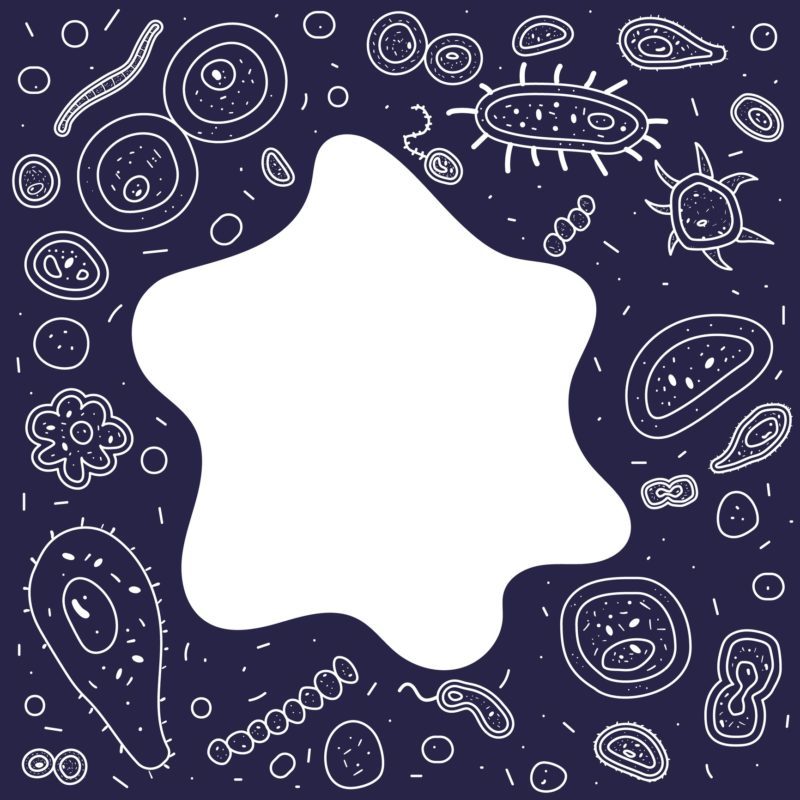The randomized, crossover, double-blind, placebo-controlled study investigated germination activity of Deerland’sBacillus subtilis DE111 in 11 individuals with stable ileostomies—an ileostomy involves the disconnection of the small intestine from the colon, and reconnection to an external ileal bag. With access to the contents of the ileal bags, investigators were able to directly examine spore germination under real-time in-vivo conditions in the human small intestine.
Related: Study: Bacillus subtilis DE111 Shown to Support Immune Health Microbiome: The More You Know Deerland Launches New Company Tagline
The participants consumed 5 billion CFU of DE111 or placebo with a standard meal. All 11 participants first took placebo, had a one-week washout period, and then took DE111. The contents of their ileal bags were collected every hour following consumption for eight hours, and the spore and vegetative DE111 cell counts were investigated. Over the course of eight hours—the average time for food to fully travel from the mouth through the small intestine—the combined DE111 spore and vegetative cell counts emanating from the ileum were the same or more than the number of spores that were consumed at the beginning of the study, indicating not only survivability of the probiotic, but growth and reproduction of the strain in the digestive tract. This was not the case post-consumption of the placebo.“Germination of spore-forming probiotics in the small intestines is of particular importance considering that a significant portion of the immune system is located in that portion of the gut and the majority of digestion and nutrient absorption occurs there,” explained John Deaton, VP of Science and Technology for Deerland Probiotics & Enzymes, in the press release. “Prior to this new study, others have attempted to determine spore germination in the small intestine through simulated lab models or animal studies, but none have investigated actualin-vivospore germination in the human small intestine. This study provides clear evidence that DE111 spores germinate in the human small intestine. This then provides support to show that consumingB. subtilisDE111 effectively promotes and supports immune and digestive health.”









